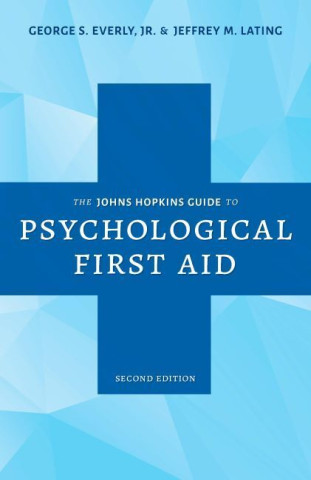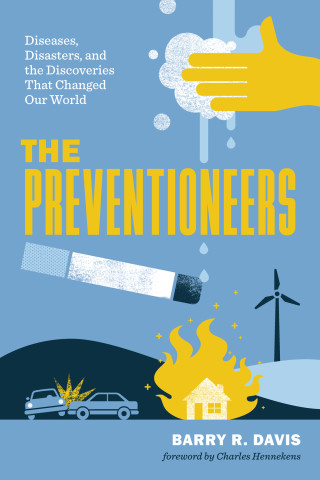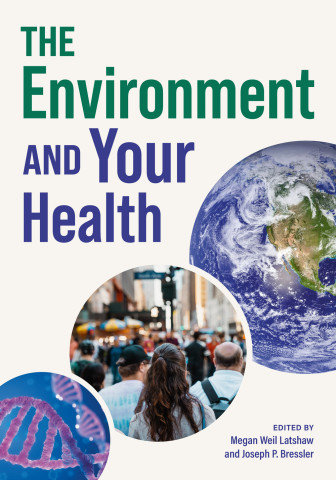
Reviews
This guide is appropriate for all psychology students and others in the mental health fields; teachers, police officers, and firefighters will also find it helpful. Recommended.
The book uses worked examples to engage the reader and help bring the [RAPID response] model to life in real situations.
In their two part, nine-chapter book—aimed at the medical community and general public alike— Everly and Lating present an exhaustively sourced yet crisply written analysis of RAPID PFA and its successful application, including sample exchanges between a provider and a distressed individual to demonstrate how the process is done.
Essential as knowing how to stop the bleed, the tools Drs. Everly and Lating teach in this straightforward and science-based guidebook are for anyone who has witnessed a family member, friend, co-worker, or stranger in psychological pain and wanted to help.
Book Details
Preface: How Did We Get Here?
Acknowledgments
Part I. Psychological First Aid: First, Study the Science
Chapter 1. Psychological First Aid: Definition, History, and Foundational Research
Chapter 2
Preface: How Did We Get Here?
Acknowledgments
Part I. Psychological First Aid: First, Study the Science
Chapter 1. Psychological First Aid: Definition, History, and Foundational Research
Chapter 2. Structure and Mechanisms of Psychological First Aid
Chapter 3. Psychological Consequences of Trauma: What You Will Encounter in the Field
Chapter 4. In the Wake of Disaster: The Large-Scale Context for PFA
Part II. Psychological First Aid: Practicing the Art
Chapter 5. R–Rapport and Reflective Listening: Establishing a Relationship
Chapter 6. A–Assessment: Listening to the Story
Chapter 7. P–Psychological Triage: Prioritization
Chapter 8. I–Intervention: Tactics to Stabilize and Mitigate Acute Distress
Chapter 9. D–Disposition: Facilitating Access to Continued Care
Part III. Psychological First Aid: Further Considerations
Chapter 10. RAPID PFA Considerations with Children
Chapter 11. Cultural Awareness and Psychological First Aid
Chapter 12. Expanding Surge Capacity: Strengthening the Fabric of Community Mental Health Services
Chapter 13. Self-Care: Taking Care of Others Begins (and Ends) with Taking Care of Yourself
References
Appendix: A Breathing Technique
Index







